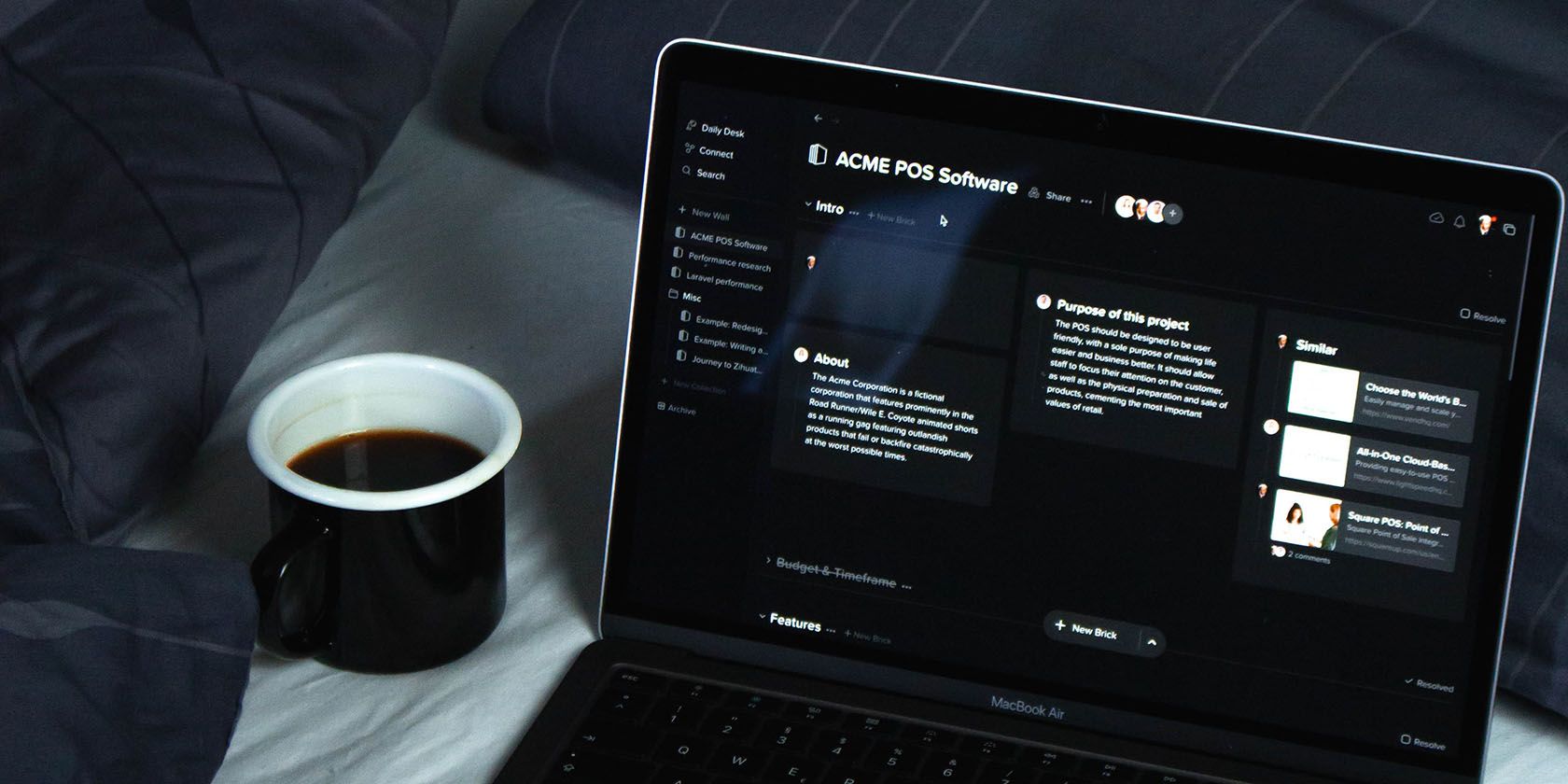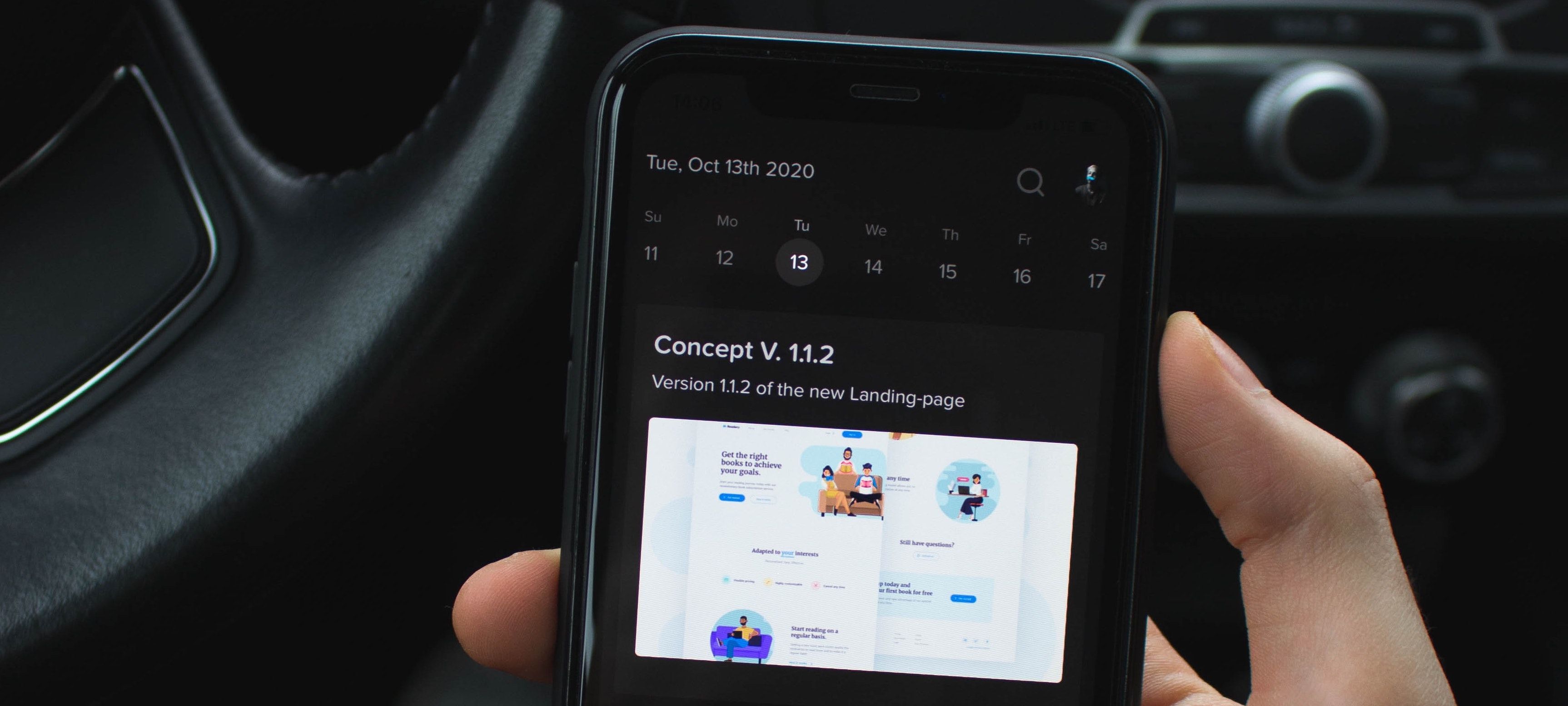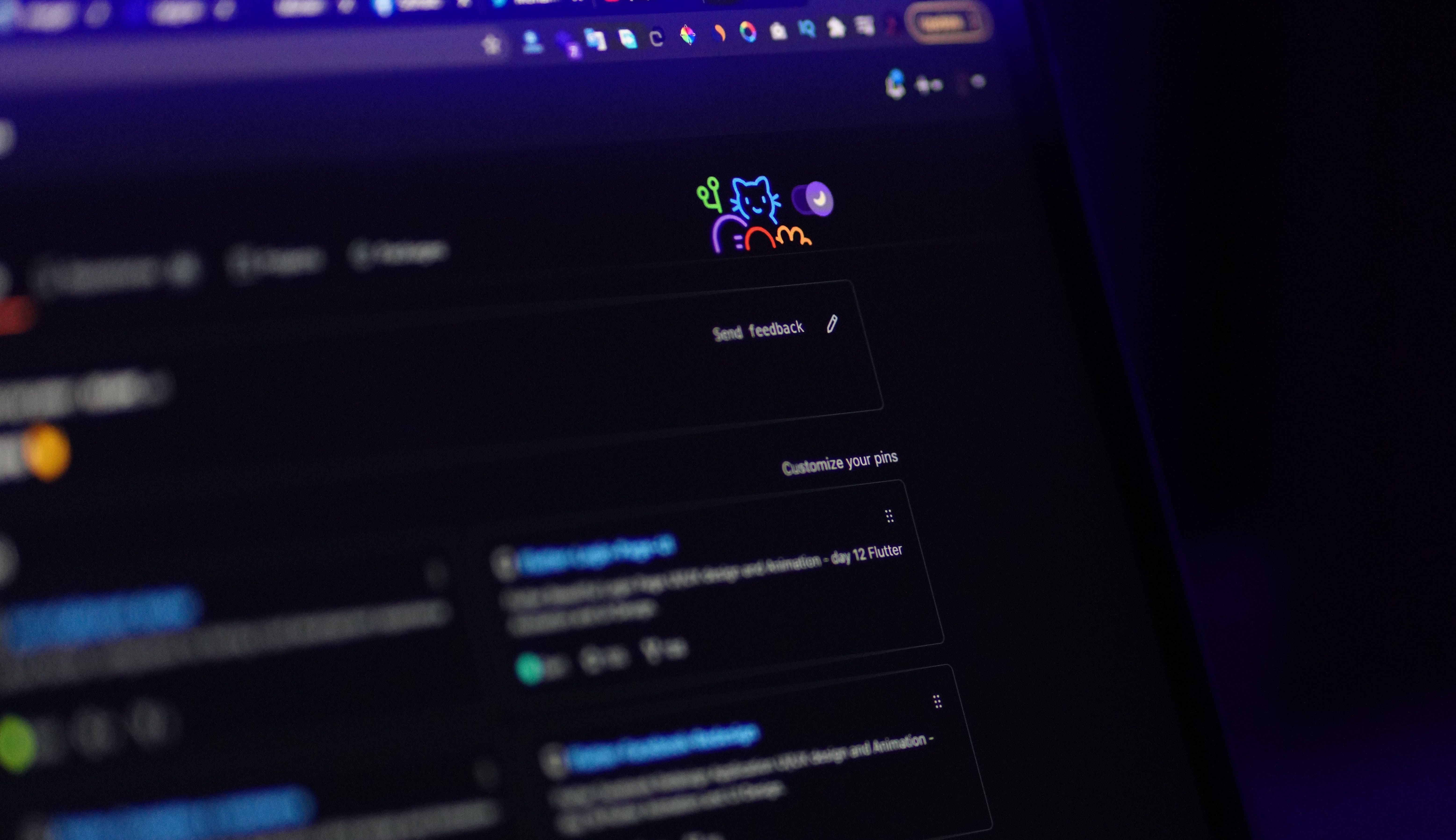We often spend our days looking at various screens—small screens for our phones, medium screens for our computers, and big screens for our TVs. In fact, we spend so much time with our endless black mirrors that we sometimes feel the physical strain, especially our eyes.
Our eyes are some of the most sensitive parts of our body. They're not just sensitive to physical injury but also the type of light that passes through. For this reason, many technology manufacturers and developers have implemented dark mode on their devices and apps.
So, what is dark mode?
What Is Dark Mode?
Surprisingly, dark mode isn’t a novel invention. In fact, it has been around for almost as long as we have had computers. Originally, dark screens and white text were the standard for computers.
However, many early users reported apprehension towards the use of dark backgrounds, as they were not comfortable with the experience. With this, computer developers and manufacturers decided to transition the user interface to replicate the experience of reading on physical paper with a white background and dark text. But, what is actually wrong with white backgrounds?
White screens emit blue light, which is known to affect the body’s circadian rhythm, the natural wake and sleep cycle of living beings. In 2019, the National Institute of Health released a study that showed how blue light can damage cells in the retina of animals.
However, according to the American Optometric Association, there is no new evidence to suggest that device-derived blue light exposure increases the risk of ocular damage in humans. So while conventional wisdom says that dark mode is better for your eyes, research suggests otherwise.
Should You Be Using Dark Mode?
According to a CNN Business interview by Euna Koo of the Stanford Byers Eye Institute, the duration of screen use will likely be more important when it comes to eye fatigue and health. For this reason, dark mode isn't a one-size-fits-all solution.
In addition, while many companies promote dark mode as a means to save battery health, many independent studies show otherwise. According to researchers at Purdue University, the supposed effects of dark mode on battery life aren't remarkable. However, they do note that screen brightness impacts battery consumption heavily.
Despite this, many people still report increased benefits from using dark mode, including insomniacs, people prone to migraines, and those who experience eye strain regularly. Users with photophobia, keratoconus, or similar eye conditions that are especially sensitive to light also report positive experiences.
Whether these effects are simply placebos or due to individual conditions, it does not hurt to try dark mode and see for yourself if it works for you.
Who Should Avoid Using Dark Mode?
Unfortunately, a growing number of people with existing eye issues report experiencing a range of discomforts when using dark mode.
While dark mode supposedly helps users to read text better, it’s not entirely the case for everyone. For example, users with astigmatism report white letters bleeding into dark backgrounds, making it harder to read the text.
With this in mind, context is key. When the environment around the screen lacks illumination, it can cause eye strain because of the sharp contrast. Dark mode may still be useful for night owls who love reading from their screens under the covers, but not when the lights are back on.
3 Alternatives to Dark Mode
Aside from dark mode, here are other tips that you can follow to keep your eyes healthy.
1. Explore Other Settings
As with all things, there’s no one perfect setting for your eyes. Each person’s eyes are different, making it difficult to create a general setting that works for everyone. Thankfully, dark mode is just one of the many options that have come up in recent times.
Other than dark mode, there are also automatic night modes, blue light filters, font size, and brightness adjustments. You should also supplement in-device settings with external light to reduce the screen contrast through illumination.
2. Do Eye Exercises
The human eye has six muscles that, like all muscles, need a little exercise to stay healthy. By doing eye exercises, you not only keep your eye muscles strong but remember to blink as well.
In 2018, BMJ Open Ophthalmology published a study citing that dry eyes from not blinking enough to be a more serious cause of eye strain than blue light. To help alleviate symptoms of dry eyes, you can also purchase eye drops that can decrease dryness.
3. Manage Your Screen Time
Early data from a 2018 study on Adolescent Brain Cognitive Development show that children with high screen-time activities negatively affect brain development. In the study, the children who spent more than seven hours a day on screens had thinning cortex, the area of the brain which is responsible for critical thinking and reasoning.
Lastly, you should be aware that while you can adjust all the settings and do exercises, this is not enough. This is because there’s honestly no better alternative than simply reducing your screen time.
Keep Your Eyes Healthy
While our eyes will naturally degrade as we age, it doesn’t mean we have to ruin them prematurely with bad habits. Our understanding of technology has opened doors to use it more efficiently and effectively without sacrificing our health in the process. Dark mode is just one of the features that can affect eye health, but it’s not everything.
Additionally, if you feel that your eyes are consistently tired even when you’re doing all the right things, it may also be time to see a professional. Constant eye fatigue can also be due to a more serious health condition that needs to be examined, such as astigmatism, photosensitivity, and so on.
Taking care of your eyes isn’t just a one-time thing with dark mode. It requires a combination of the right settings, regular eye exercises, and learning how to use your screens less. In general, our modern lifestyle is not good for optimal eye health, so you have to be mindful about making sure it stays a priority.



